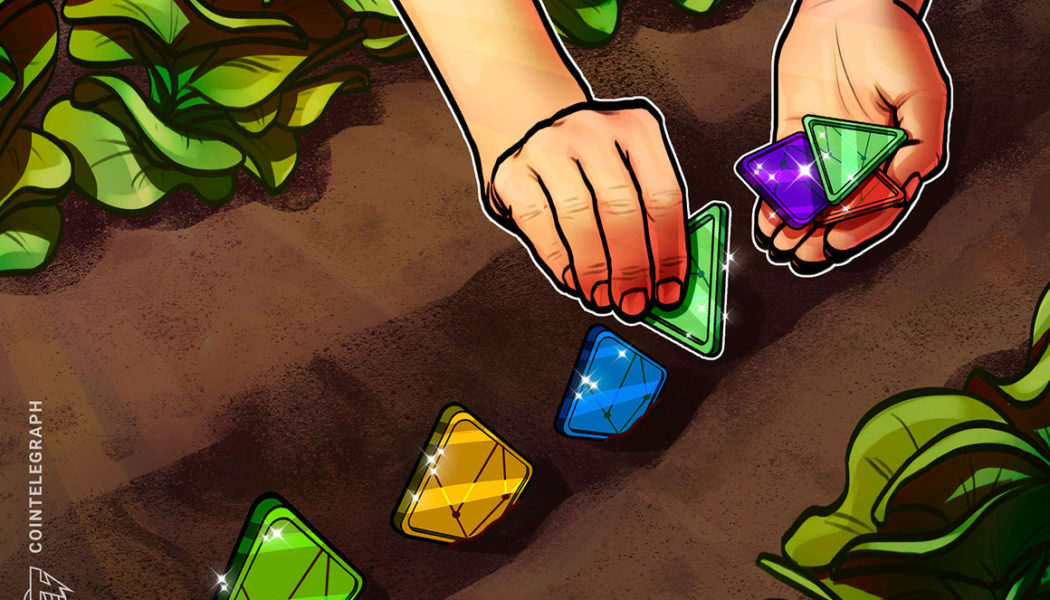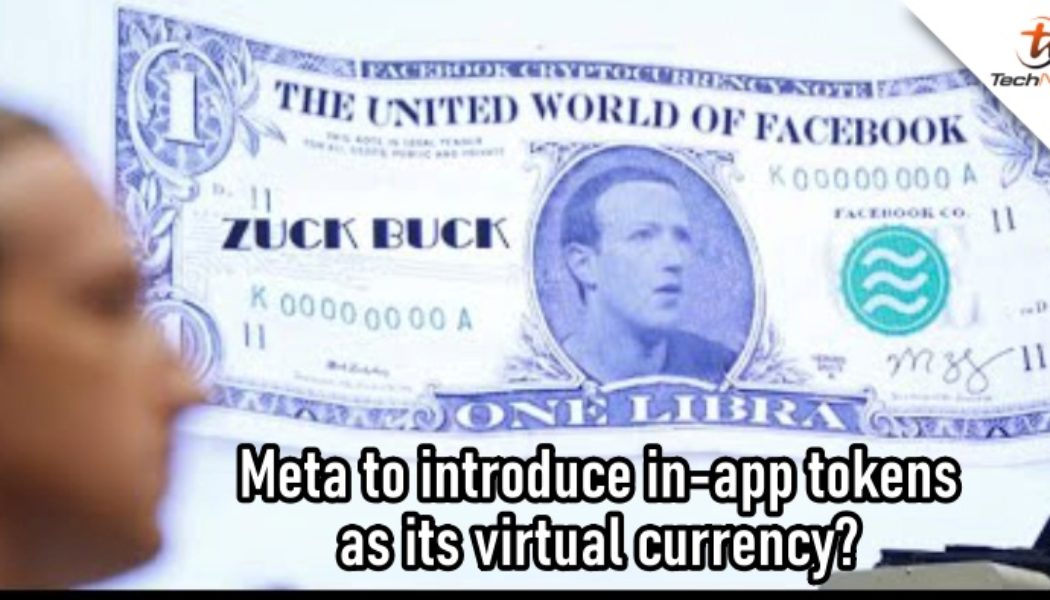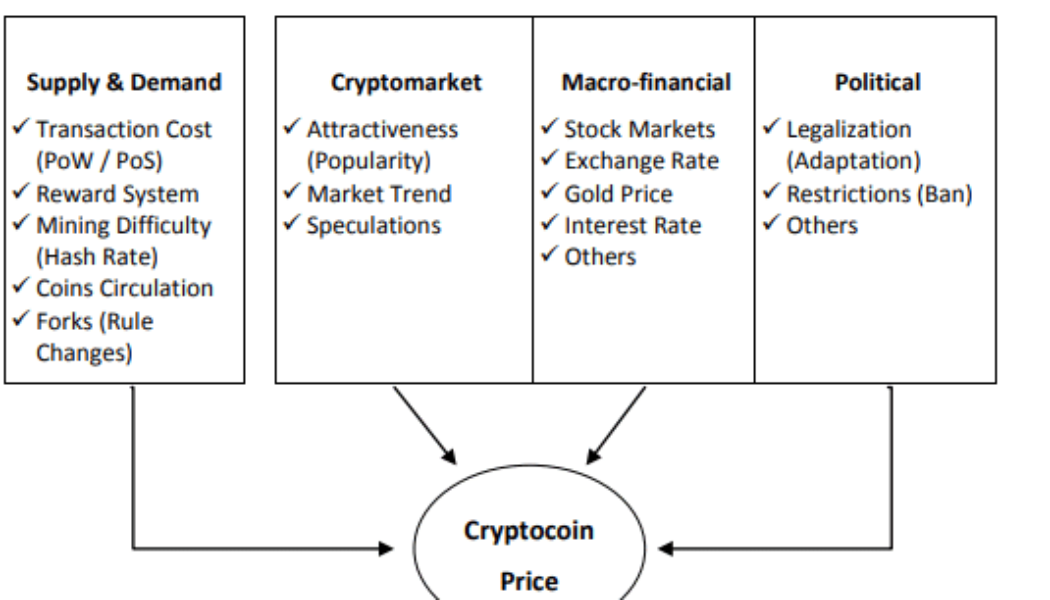Blockchain
Tornado Cash says it’s using Chainalysis oracles to block access from OPAC sanctioned addresses
On Friday, Tornado Cash announced that it was using oracle contracts from Chainalysis to block wallet addresses sanctioned by the U.S. Office of Foreign Assets Control, or OFAC. The move comes after the U.S. Department of the Treasury linked North Korean cybercriminal Lazarus Group as an alleged perpetrator for the recent $600 million+ Ronin Bridge exploit. As told by blockchain analytics firm Elliptic, the hackers have sent approximately $80.3 million worth of Ether (ETH) through Tornado Cash. “Maintaining financial privacy is essential to preserving our freedom; however, it should not come at the cost of non-compliance,” said the Tornado Cash team. Tornado Cash is a popular cryptocurrency mixture used to obfuscate the trail of transactions for privacy. The Chainalysis S...
Former Ethereum developer Virgil Griffith sentenced to prison
Virgil Griffith pleaded guilty the morning before his trial last year – a decision that took many by surprise In addition to a jail sentence, he was fined $100,000 for being in violation of sanctions against the Democratic People’s Republic of Korea (DPRK) The verdict on the case against Ethereum ex-developer Virgil Griffith was delivered on Tuesday by US District Judge Kevin Castel, who sentenced the programmer to five years and three months in prison. Griffith, known for his work on the smart contracts blockchain Ethereum and the WikiScanner tool, was arrested by the FBI in November 2019, half a dozen months after his speech at a cryptocurrency conference in North Korea. The Department of Justice (DoJ) asserted that Griffith shared information to the Kim Jong Um administration on how to ...
Finding the Business Case for Blockchain
We use cookies on our website to give you the most relevant experience by remembering your preferences and repeat visits. By clicking “Accept All”, you consent to the use of ALL the cookies. However, you may visit “Cookie Settings” to provide a controlled consent.
NFT Investments PLC mulls £96M acquisition of Pluto Digital
On Friday, NFT Investments PLC, a U.K.-based blockchain firm that invests in companies operating in the nonfungible tokens, or NFTs, space, announced that it would no longer pursue a 96 million pound acquisition of Pluto Digital. Although it did not directly state its reasons for canceling the deal, NFT Investments wrote: “The company is well-positioned to take advantage of the recent market correction in the blockchain and digital assets sectors by investing at attractive valuations.” Back in January, NFT Investments signed a non-binding letter of intent to acquire Pluto Digital, which builds infrastructure in the decentralized finance, or DeFi, realm, via the new issuance of NFT shares. From last November to March of this year, the blockchain industry witnessed a month-long&n...
Non-Fungible Nightlife: E11EVEN’s Bitcoin Conference 2022 Events Fuel Miami’s Crypto Crusade
In the quest to become the nation’s crypto capital, the city of Miami has pulled ahead—and E11EVEN is one of the keys. The $40 million Ultraclub has torn hell for leather into the DeFi movement, adopting cryptocurrency at a dizzying pace as Miami officials work to incorporate it into the city’s infrastructure. And during a time when Mayor Francis Suarez is hellbent on building “crypto’s version of Silicon Valley,” it seems E11EVEN is angling to be the vanguard of the city’s glitzy foray into the intersection of entertainment and blockchain tech. Since E11EVEN’s groundbreaking move to become the country’s first nightlife establishment to accept Bitcoin as a form of payment, they have since processed over $5 million of it at the venue, accordin...
The evolution of blockchain: Transactions, contracts and applications
Blockchain networks run on permission-based consensus methods, enabling various levels of use depending on a user’s needs and permission level. Aside from the blockchain generations, there are also different types of blockchain when viewed from a permission-based angle. Some of those permission types are public, permissioned or private blockchains. Each of these types offers a different use case for a company or user’s needs. When asked to list the three types of blockchain, you’ll now know the answer. Public blockchain A public blockchain is the most basic form of a blockchain ecosystem. A public blockchain is available to anyone who wishes to utilize the database. Bitcoin and Ethereum are considered public blockchains, for instance. On top of being open to a...
How ambitious young projects are connecting Distributed Ledger Technology and music
Blockchain is simple to understand at a basic level, existing as a distributed database, where different devices distributed across the network must verify the entries posted. As a result, blockchain is most well-known for decentralization, anonymity and security, all of which are evident in the first cryptocurrency, Bitcoin (BTC). While many are quick to associate Bitcoin with blockchain, this is only one of the possible use cases for the technology. One of the most notable use cases right now is the music industry, where creators have gained new opportunities to connect with their fans directly, further eliminating the need for an intermediary. Today, the music industry is plagued with several overarching concerns, including the burden that record labels seem to place on the musicians th...
New Blockchain-Based Platform, Independent, Lets Fans Invest In Their Favorite Artist’s Music
A new blockchain-based platform wants to empower independent artists—and the fans who support them. Based on the Solana blockchain, Independent is a decentralized marketplace that caters to the interests of independent musicians by letting them share a piece of the pie with their fans. The goal is for artists to release music as NFTs and monetize their creations while empowering their fans. Built on the Solana blockchain, Independent is powered by the creators of Monk Mafia, an NFT marketplace that made international headlines after receiving support from a number of high-profile backers in Asia. Those include Keiji of the chart-topping J-pop band EXILE and the award-winning Netflix documentarian Nirmal Purja. Artists releasing on Independent choose what percentage of t...























